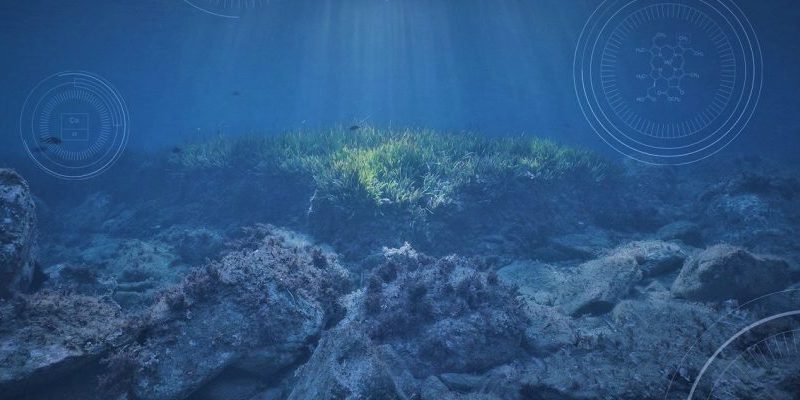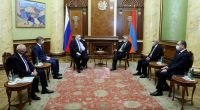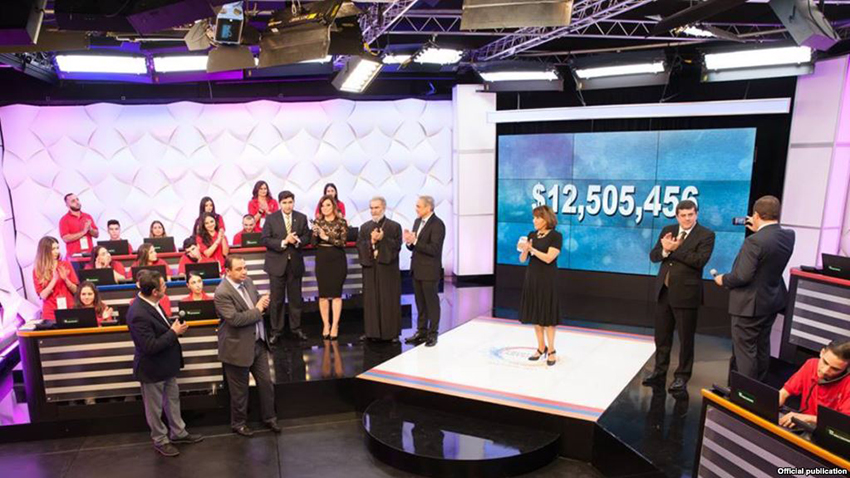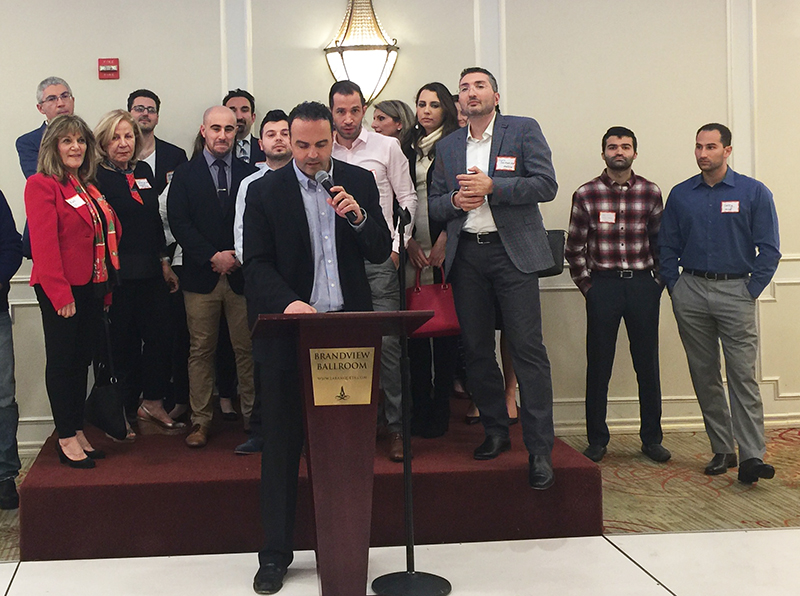YEREVAN — On February 1, 2022, a consortium of 56 international partners, which includes the American University of Armenia (AUA) Acopian Center for the Environment, kicked off the €17 million ILIAD project funded by the European Union (EU). The consortium partners are from 18 countries in Europe, the Middle East, and North Africa.
ILIAD will develop and launch a Digital Twin of the Ocean (DTO) that will provide highly accurate predictions of future developments at global seas. The virtual representations of the sea will integrate and extend existing EU earth observing, modeling digital infrastructures and computing facilities to provide highly accurate predictions of future developments.
ILIAD has been awarded the funding as part of the EU Horizon 2020 Research and Innovation Programme under the umbrella of the €1 billion European Green Deal.
The AUA Acopian Center, hosting the project at AUA, is one of the key partners, leading the policy impact component as well as participating in citizen science, capacity building, and the educational activities of the project. AUA’s Entrepreneurship and Product Innovation Center (EPIC) will support the business development and entrepreneurship modules, while the AUA Open Center for Artificial Intelligence Solutions will contribute to data analytics and modeling, as well as machine learning components of the project.
ILIAD will develop virtual models designed to accurately reflect changes and processes accruing at the ocean. ILIAD will commercialize an interoperable, data-intensive, and cost-effective model, capitalizing on the explosion of new data provided by many different earth sources, modern computing infrastructure, including the Internet of Things, social networking, Big Data, cloud computing and more.
“ILIAD takes on complex, global challenges and brings together expertise from multiple disciplines from around the world to address them,” says Alen Amirkhanian, director of the AUA Acopian Center for the Environment. “The AUA Acopian Center will lead the ILIAD global team on using the technologies developed to advance environmental and sustainability policy goals. We will also be involved in citizen science, capacity building, and educational parts of the project. Importantly, the Center brings a multidisciplinary team of AUA researchers and experts from EPIC and Center for Artificial Intelligence Solutions to work on the technical and business challenges.”
The ILIAD consortium will combine high-resolution modeling with real-time sensing of ocean parameters, advanced algorithms for forecasting of spatio-temporal events and pattern recognition. The virtual representations will consist of several real-time to near-real-time digital replicas of the ocean.
ILIAD will also create a marketplace to distribute apps, plug-ins, interfaces, raw data, citizen science data, synthesized information, and value-added services in combination with the ILIAD DTO. The project partners include industrial companies, end users, academic institutions, research and technology developers and private firms.
“The development of innovative methods in open frameworks and platforms is needed to enable meaningful and informative model evaluations and comparisons for many large Earth science applications from weather to climate,” said Bente Lilja Bye, CEO of BLB and the scientific manager of ILIAD. “The ambitious ILIAD project aims to build on the assets resulting from two decades of investments in policies and infrastructures for the blue economy to contribute towards a sustainable ocean economy.”
“Our aim is to assemble as broad and as diverse as possible, a user community of existing and new users, who will use the project’s innovative technological solutions to address future challenges,” said Professor Georgios Sylaios from the Democritus University of Thrace, who is the operational manager of ILIAD. “By combining a large amount of diverse data in a semantically rich, and a data-agnostic approach that allows simultaneous communication with real-world systems and models, we will enable researchers to develop what-if scenarios and analyze the impact of measures to prevent and adapt to climate change.”
For more information https://ocean-twin.eu/










